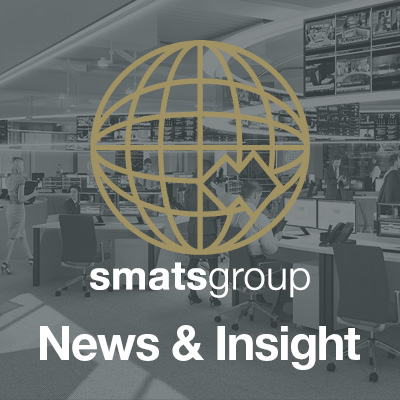The Reserve Bank believes inflation may almost be under control and that yesterday's interest rate rise could be the final blow in a series of 12 consecutive increases that have pushed rates to their highest level in 12 years.
Announcing the fourth rate rise in seven months, bank governor Glenn Stevens yesterday cited a slowing in consumer spending and lower household borrowing as evidence that the previous rate hikes may have eased inflation.
Kevin Rudd has identified inflation as the "core economic problem" facing the nation. He has promised to slash government spending in the short term and fix infrastructure constraints on the economy in the longer term.
But Opposition Treasury spokesman Malcolm Turnbull warned yesterday that the Prime Minister's plan for sharp budget cuts could spark a downturn in non-resource-rich states such as NSW and South Australia, which are not driving the high inflation targeted by the Reserve Bank's rate rises.
"We don't want to send southern Australia into a recession," Mr Turnbull said.
The 25-basis-point interest rate rise to 7.25 per cent, which will add about $50 a month to a $300,000 mortgage, came as Australia recorded its worst balance of payments figure since records began in 1959, with a current account deficit worth an estimated 7 per cent of GDP.
Foreign debt also topped $610billion, or 56 per cent of GDP - a record, despite the recent strength of the Australian dollar.
Economists believe the figures, particularly a fall in resource exports, point to a slowing in theeconomy in the last quarter of last year.
Mr Stevens said there were already signs of a slowdown in consumer spending, with new Australian Bureau of Statistics figures yesterday showing retail sales flatlined in January.
"There is tentative evidence that some moderation in household demand is beginning to occur," he said, pointing to the plunge in consumer confidence and lower household borrowing.
He said the combined effect of the four official interest rate rises since the middle of last year and the lift in bank lending costs, prompted by the global credit crunch, had been "substantial".
The new official cash rate is the highest since December 1994 and will push variable mortgage rates from the big banks above 9 per cent. There is also the possibility that the banks, as they grapple with the fallout of the sub-prime collapse in the US, will raise their rates in coming days by more than the Reserve Bank's increase.
The Government is aware of the political danger of rising rates, particularly among the outer-suburban areas that swung strongly to Labor in the last election.
Mr Rudd said families were still coming to grips with last month's rate rise.
"Today's news is a double blow for the family budget," Mr Rudd said. "Two rate rises will hurt working families."
He said the family budget would be even harder to balance, but government measures such as the tax cuts promised in the budget and additional childcare benefits would help.
Mr Rudd declined to blame the Howard government for the rate rise: "I am Prime Minister of the country. I take responsibility for the good news and the bad news, and this is bad news."
But he said the Government would not back away from its budget cuts, which he said were aimed at relieving pressure for further rate increases.
"It's important to ensure that we as a government do what we can to rein in public demand," Mr Rudd said. "Inflation is the core economic problem."
Mr Turnbull said that the budget cuts being pursued by Wayne Swan would fall heavily on the eastern states, which are not enjoying the riches of the resources boom.
"His policy is to slow economic growth, slow economic activity, put people out of work in order to restrain demand," Mr Turnbull said.
Commsec chief economist Craig James said Mr Stevens's comments raised the possibility that the campaign of interest rate rises may have been enough to bring inflation under control.
"The Reserve Bank knows that it can't lift rates month after month," he said. "At some point it has to sit back and let higher rates work their magic in slowing down the economy and quelling inflationary pressures. And that is the point we have reached."
Financial markets believe the Reserve Bank is more likely than not to leave rates steady for the next 12months, with only a 40per cent chance of a further increase.
Currency markets sliced the value of the Australian dollar by US1c to US92.5c following the Reserve Bank statement that accompanied the rate rise.
The RBA expects inflation will continue rising before falling next year. Provided it does not jump further than the Reserve Bank expects, and consumer spending remains soft, it is likely to leave interest rates steady.
Mr Stevens said it was still uncertain how far consumer demand would slow, and added that the Reserve Bank required a "significant" slowing. He noted that sentiment in global financial markets remained fragile, with banks suffering increases in their costs and risky borrowers facing tougher credit standards.
However, Mr Stevens also noted that commodity prices had risen, adding fresh stimulus to the economy. The Australian Bureau of Agricultural and Resource Economics yesterday reported that it expects Australia's earnings from commodities will soar 30per cent this year.

